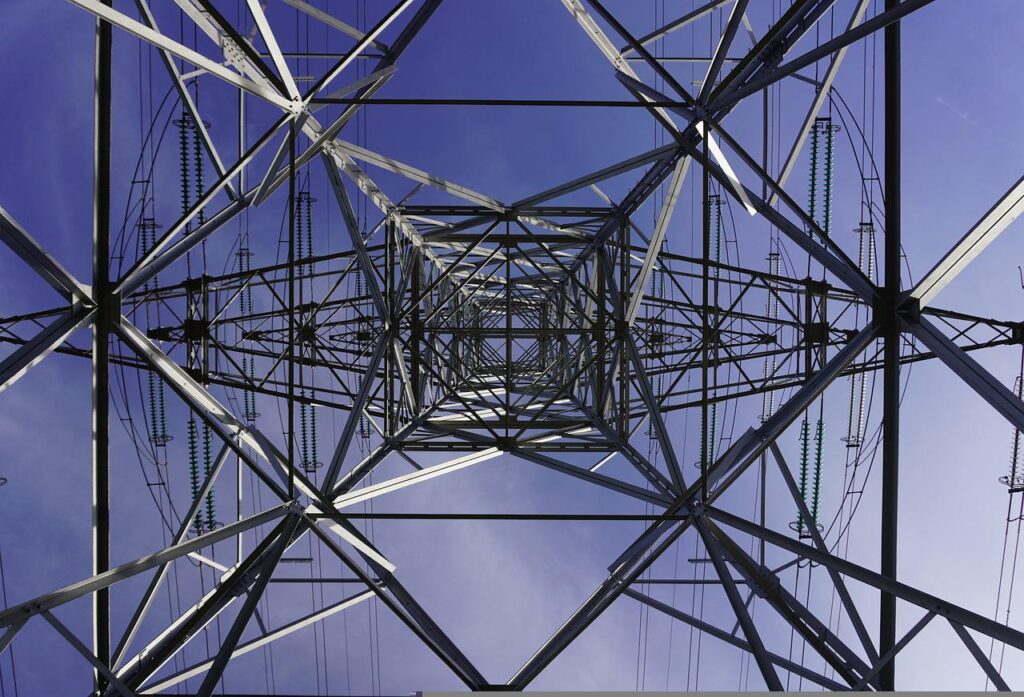The US and Europe now know that Putin’s response to sanctions imposed for his brutal and repugnant invasion of Ukraine is to cut off the Nordstream 1 gas pipeline until those sanctions are lifted. This will have major implications for the EU economy, especially Germany’s, and for energy prices in the medium term.
Lifting the sanctions regime is simply impossible for the West; it would amount to a major capitulation to his warmongering, and would endanger not merely those independent states of the former USSR but the Warsaw Pact countries and the Balkans.
On the contrary, the EU must now withdraw all visa travel for ordinary Russian citizens even for tourism and other purposes. Civil aviation links with Russia should be reduced to the minimum. Banking sanctions should be ramped up. Russian oligarchs in the EU who do not publicly sever their connections with the Putin regime should be told to leave. Russian assets should be sequestered for compensating Ukraine for the massive damage that Putin has already caused. If Russia wants a new cold war, grant it that choice.
If increased energy prices reduce consumption of fossil fuels, there may be a strong case for adjusting targets set for their replacement.
The Irish government faces difficult choices. At a minimum we should permit further gas exploration development in our coastal waters. We should also permit the construction of gas storage infrastructure, and ensure that we can keep electricity generation, heating, industrial production, and transport running.
Green Party leader Eamon Ryan has signalled unequivocal support for Ukraine. Minimising the damage done by Putin to the EU economy necessarily involves protecting our own economy to the maximum possible extent. There is no rational basis for restricting further development of the depleting Corrib gas field. Nor is there any reason to restrict the activities of Providence Resources in and around the Barryroe field.
There seems to be a certain disconnect between policy and practicality. As I pointed out here last week, demolishing the windfarm at Derrybrien is madness. Nor is its demolition an unavoidable consequence of EU law or ECJ judgments. There is a way of dealing with it that matches common sense.
Ever since the Green Party used its last foray into office in 2009 to make it illegal to have nuclear power in Ireland (while allowing us to import nuclear generated power from anywhere else in Europe, of course) we have set one obstacle after another to having any energy security in this country. Next, they made it a condition of entering the present coalition that all further gas exploration in our waters should be made illegal. It is a miracle that the Corrib gas field was ever completed given the political campaign of obstruction it had to survive.
Let us be under no illusion. All the experts say that we will probably need gas for the next thirty years, especially in the absence nuclear power. The only way in which the Green Party’s policy can be defended is by throwing ourselves at the tender mercies of the imported gas markets. So how can we prohibit the construction of an LNG terminal without making ourselves totally dependent on gas inter-connectors with the UK?
We simply cannot adopt a “wing and a prayer” approach to the economic survival and prosperity of our country. High-minded invocations of global warming targets in the face of Putin’s blackmail and the fact that President Xi is building more and more coal-powered generating stations are admirable but highly irrational in the new era of energy-driven global conflict.
Opponents of keeping Moneypoint temporarily open for coal burning generation cite ethical issues with the operators of Colombian mines. Are there any available “ethical” coal supplies? Is Saudi oil ethical? Is Emirati LNG more ethical than fracked gas from Texas?
The Government has firmly committed itself to publishing its long-awaited energy strategy in the coming weeks. That is supposed to square the data centres circle with shortages of renewable energy.
I have the gravest of doubts about their capacity to put forward a robust strategy that deals with present realities. The hapless Bord Pleanála’s hearings into the proposed LNG terminal will doubtless hear about Minister Ryan’s opposition now described as policy.
There are so many things up in the air, including the feasibility of their home retro-fitting programme, the afforestation licensing debacle, ballooning costs of Metrolink (planned to start sometime in the next decade), the shelving of road-building projects, the failure to act in relation to social and affordable housing for a rapidly expanding population.
Is there any reason to be confident that a major cabinet re-shuffle in December will help us? One thing is certain; Minister Ryan will still be there.
And that is all before their inflation-beating, energy-subsidising budget next month.
Liz Truss isn’t the only person with problems.

